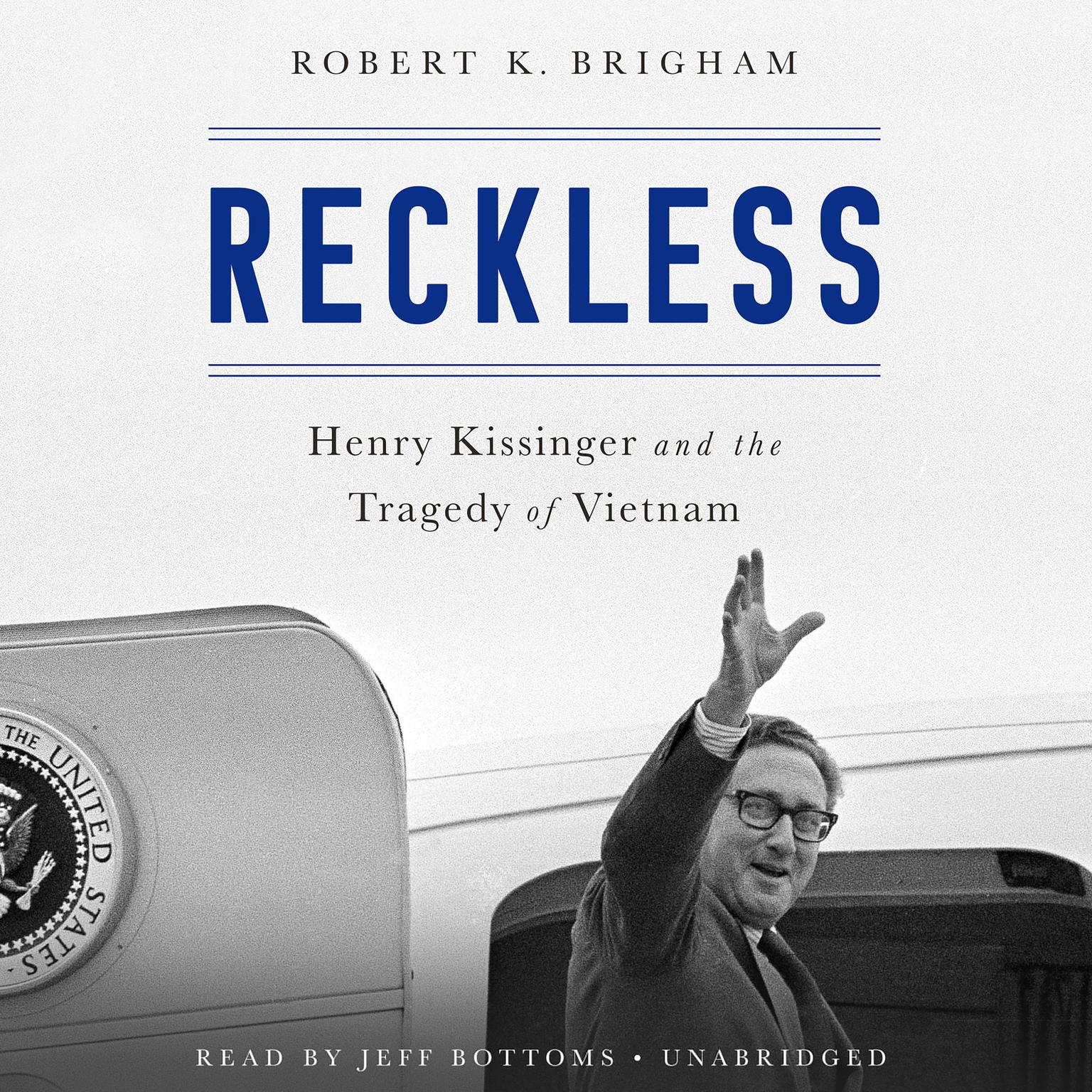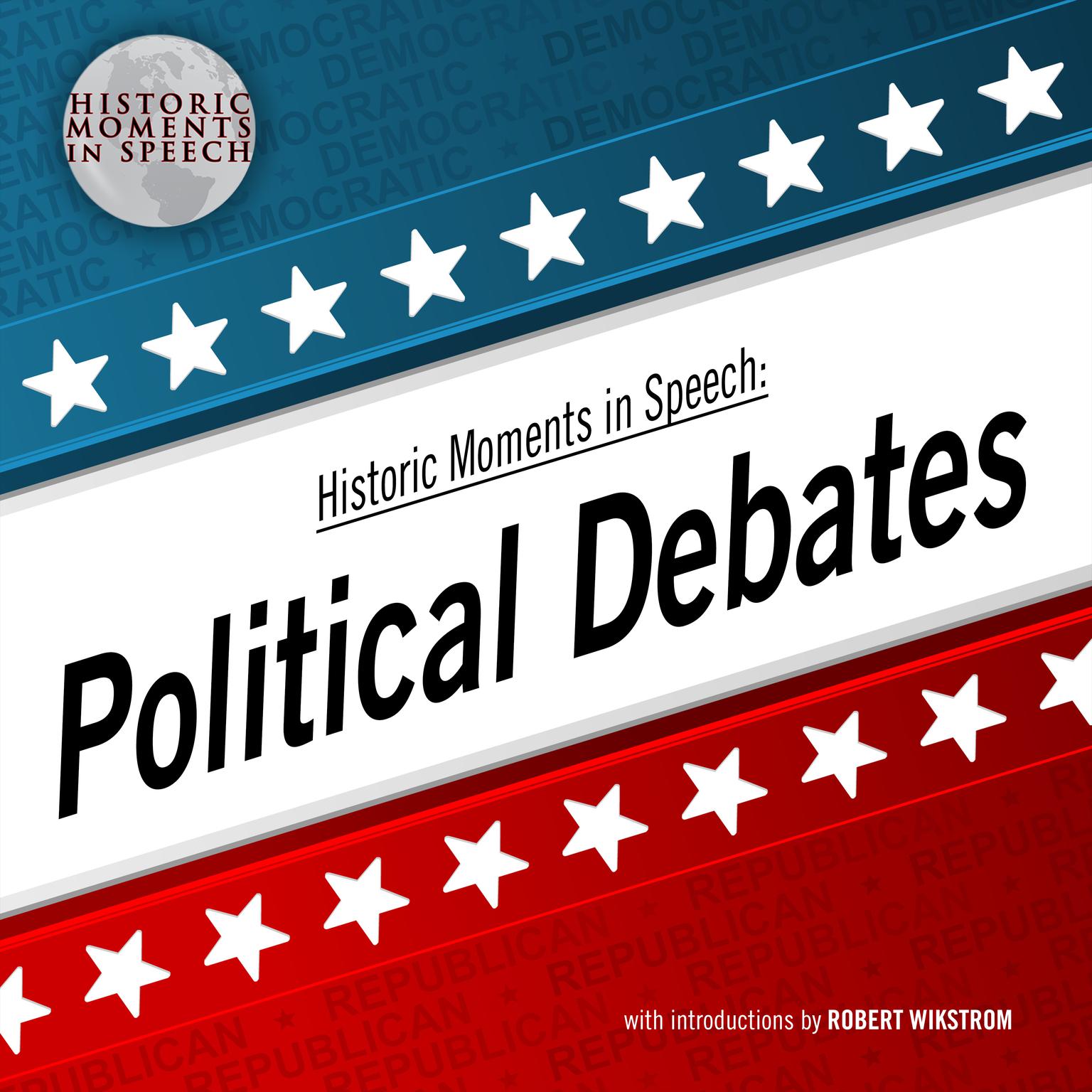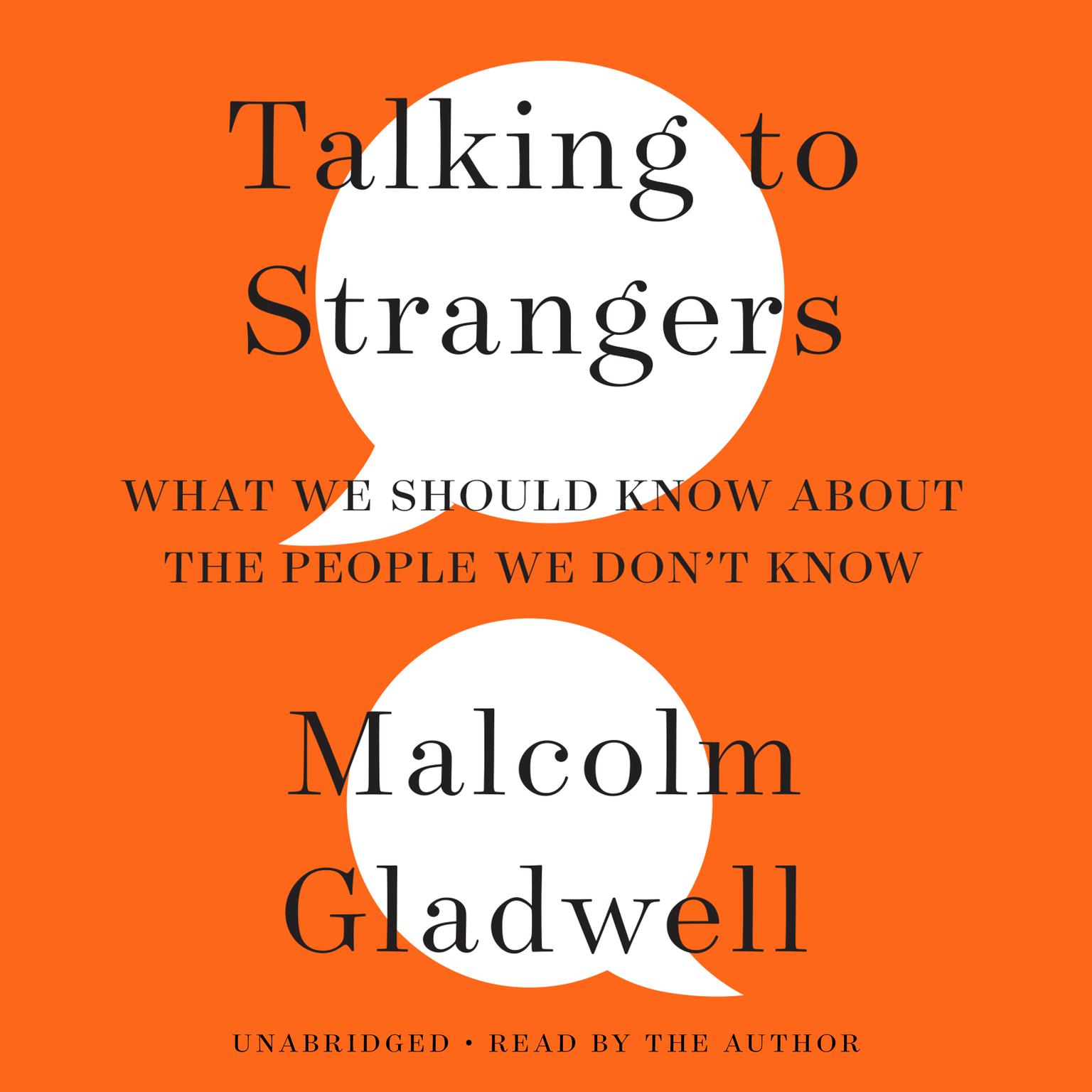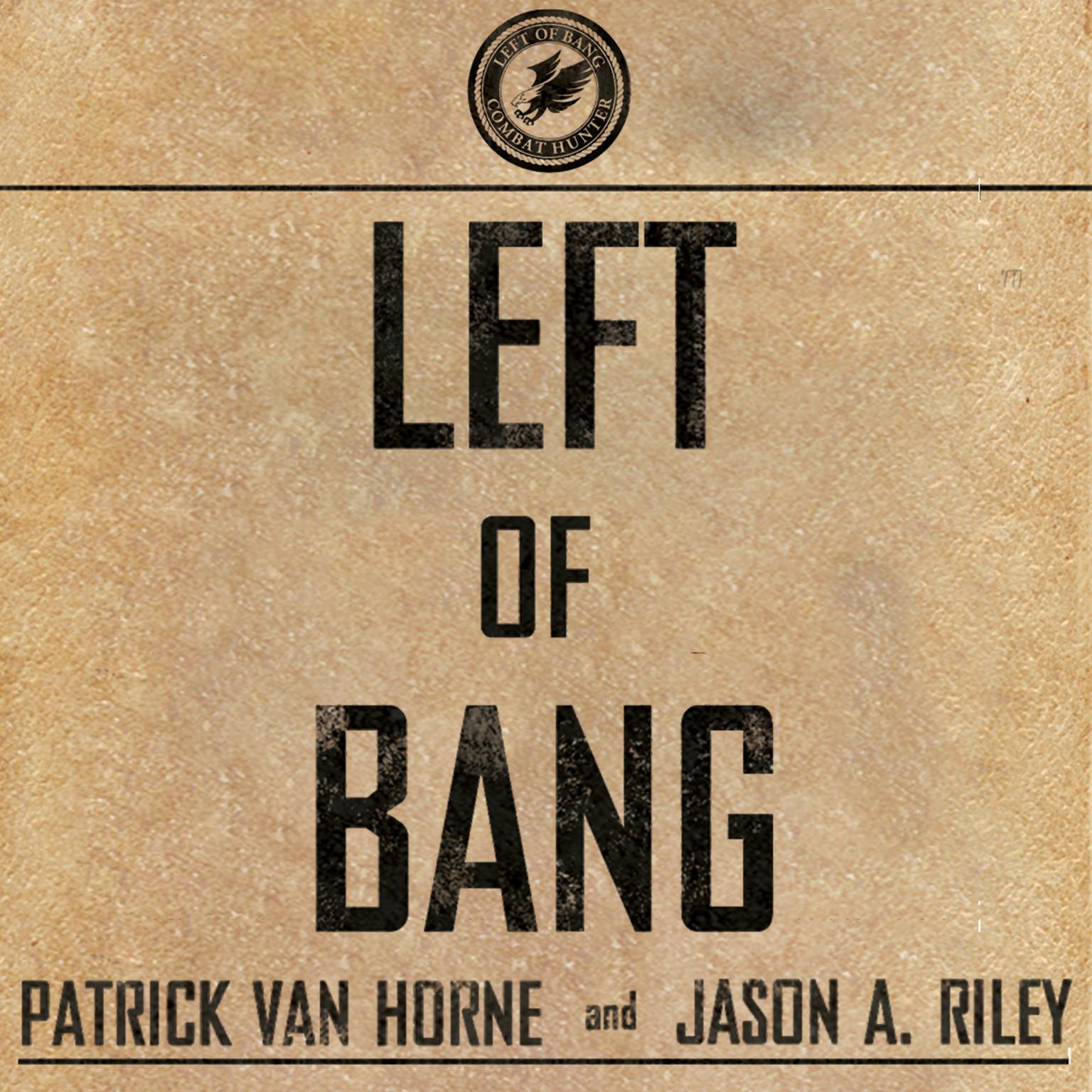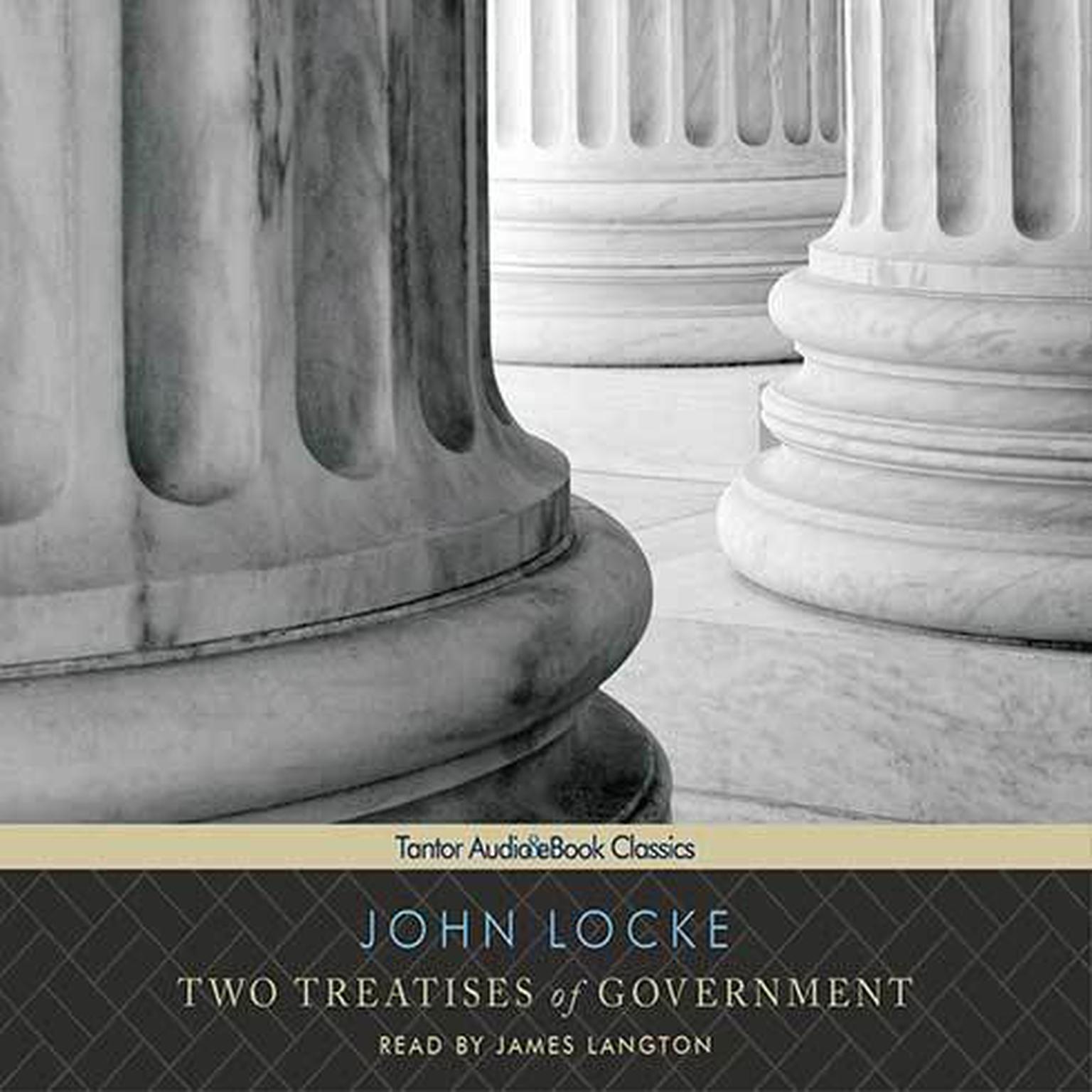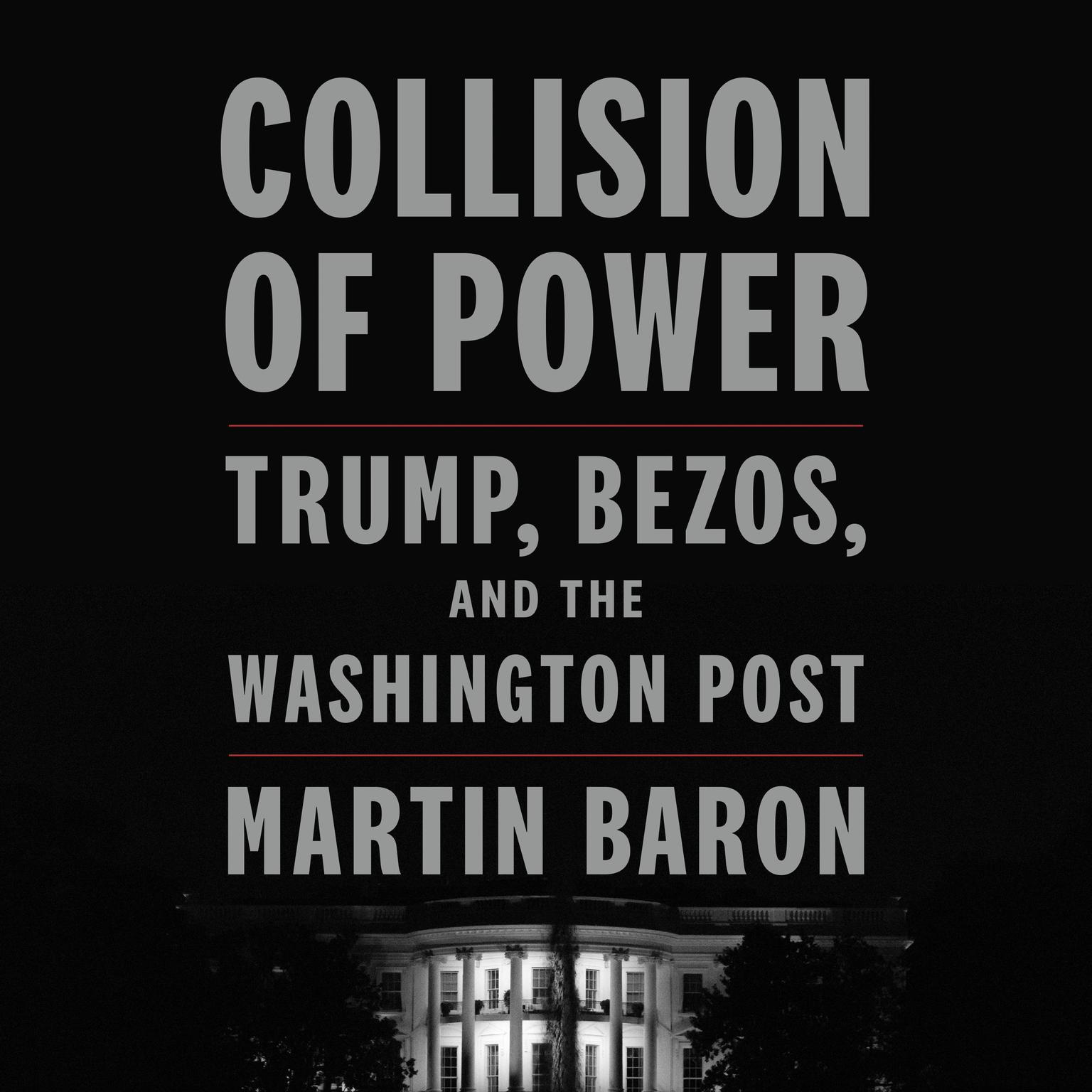Publisher Description
Henry Kissinger’s role in the Vietnam War prolonged the American tragedy and doomed the government of South Vietnam
The American war in Vietnam was concluded in 1973 after eight years of fighting, bloodshed, and loss. Yet the terms of the truce that ended the war were effectively identical to what had been offered to the Nixon administration four years earlier. Those four years cost America and Vietnam thousands of lives and billions of dollars, and they were the direct result of the supposed master plan of the most important voice in American foreign policy: Henry Kissinger.
Using newly available archival material from the Nixon Presidential Library, Kissinger’s personal papers, and material from the archives in Vietnam, Robert K. Brigham punctures the myth of Kissinger as an infallible mastermind. Instead, he constructs a portrait of a rash, opportunistic, and suggestible politician. It was personal political rivalries, the domestic political climate, and strategic confusion that drove Kissinger’s actions. There was no great master plan or Bismarckian theory that supported how the US continued the war or conducted peace negotiations. Its length was doubled for nothing but the ego and poor judgment of a single figure.
This distant tragedy, perpetuated by Kissinger’s actions, forever changed both countries. Now, perhaps for the first time, we can see the full scale of that tragedy and the machinations that fed it.
Download and start listening now!
Robert K. Brigham, drawing on many previously
unpublished official transcripts and records, makes a scholarly and convincing
case that Henry Kissinger’s policymaking on Vietnam during the Nixon
Administration was ‘reckless.’ Both in the secret peace negotiations with the
North Vietnamese in Paris and in ordering massive bombing raids on their forces
in Cambodia and Laos, and on Hanoi itself, Kissinger was ignorant of their determination
to reunite their country at all costs. Ultimately, with no consultation with the
US-supported regime in Saigon, he negotiated a peace agreement that freed US prisoners
of war and completed the American military withdrawal in 1973, but allowed North
Vietnamese military forces to remain in territory they had occupied in South Vietnam-dooming
it, as President Nguyen Van Thieu knew it would, to defeat, which came two
years later.—
Craig R. Whitney, Saigon correspondent andbureau chief of the New York Times,1971-1973
